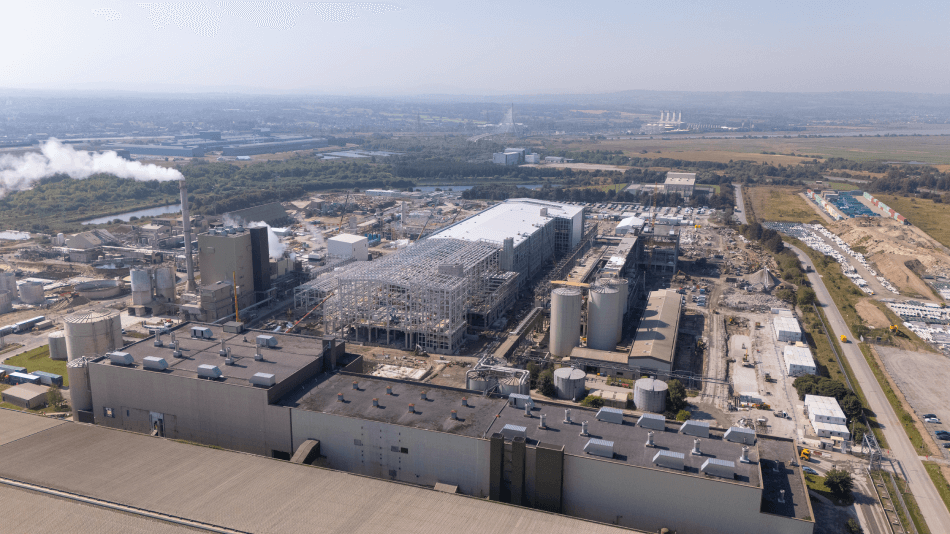The standard, known as PAS 105, was originally due out in March 2005 but now the British Standards Institution says it will not be published until next year.
 Materials recycling facility operators are to be asked to join a Recycling Registration Service |
The BSI put some of the earlier delays down to “new legislation”, but it has given no reason for the latest delays.
The delay to the standard has taken the BSI's own system by surprise, with its website suggesting the standard is already available – even giving it an ISBN catalogue number, 0 580 45246 8.
A spokesman for the BSI told letsrecycle.com yesterday: “PAS 105 was commissioned to be published last year, however a week before the publication date there was new legislation which came out. The information was important enough for the publication of PAS 105 to be delayed to include this added legislation. The publication of PAS 105 is expected to be early 2007.”
Disagreement
However, major disagreement within the industry over the whole concept – and approach of the standard – is thought to be one factor behind the latest setbacks.
The standard will operate as a code of practice covering recycled paper collected from the domestic waste stream, involving materials handling and transportation.
It has the support of the Waste and Resources Action Programme, which agreed to originally chair meetings between local authorities, waste management companies, the waste (recovered) paper sector and the Environment Agency to forge the standard.
Difficulties with some loads of materials sent abroad for recycling had prompted the idea of a standard to which materials recycling facilities and other processors could use.
Contamination
Several members of the paper industry were keen for the standard to adopt low contamination rates of about 2%, and say that such a figure should be applied. The Environment Agency is reluctant to accept a specific figure because under a strict interpretation of transfrontier shipment rules, exports must be 100% pure, even though there is a general acceptance that this is not always the case.
Some leeway has been granted, although serious contamination – rather than the odd can or plastic bottle within paper shipments – has not been allowed.
Waste management companies are seen as being reluctant to have a specific percentage figure for contamination, and have now opted to come up with their own system for auditing waste facilities.
| Related links: |
This system, being called the Recycling Registration Service, is being led by the Environmental Services Association, which will introduce the scheme to a local authority network meeting run by London Remade in central London next week.
The scheme will involve independent audits of waste facilities to register materials that are being recycled as well as their final destinations.









Subscribe for free